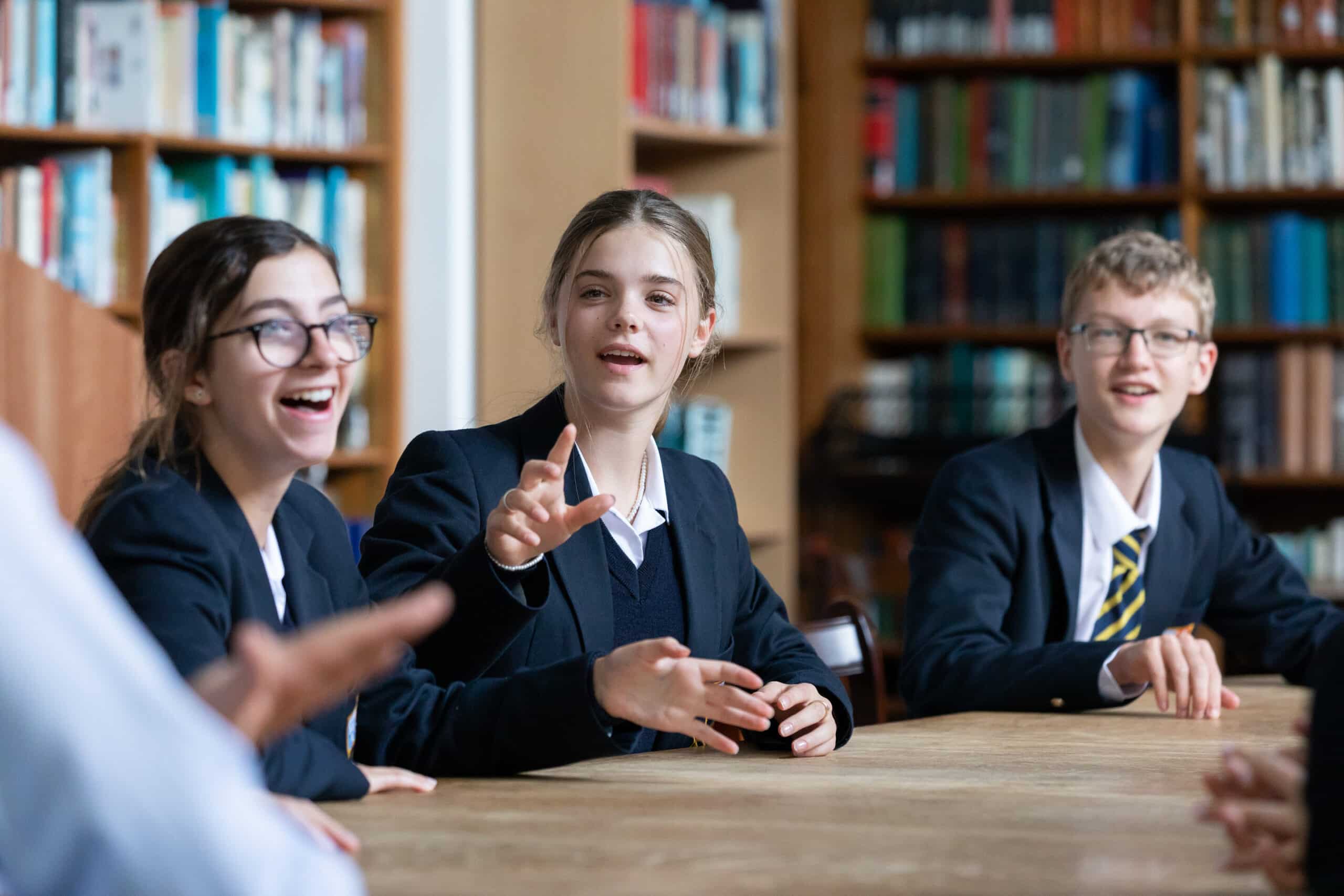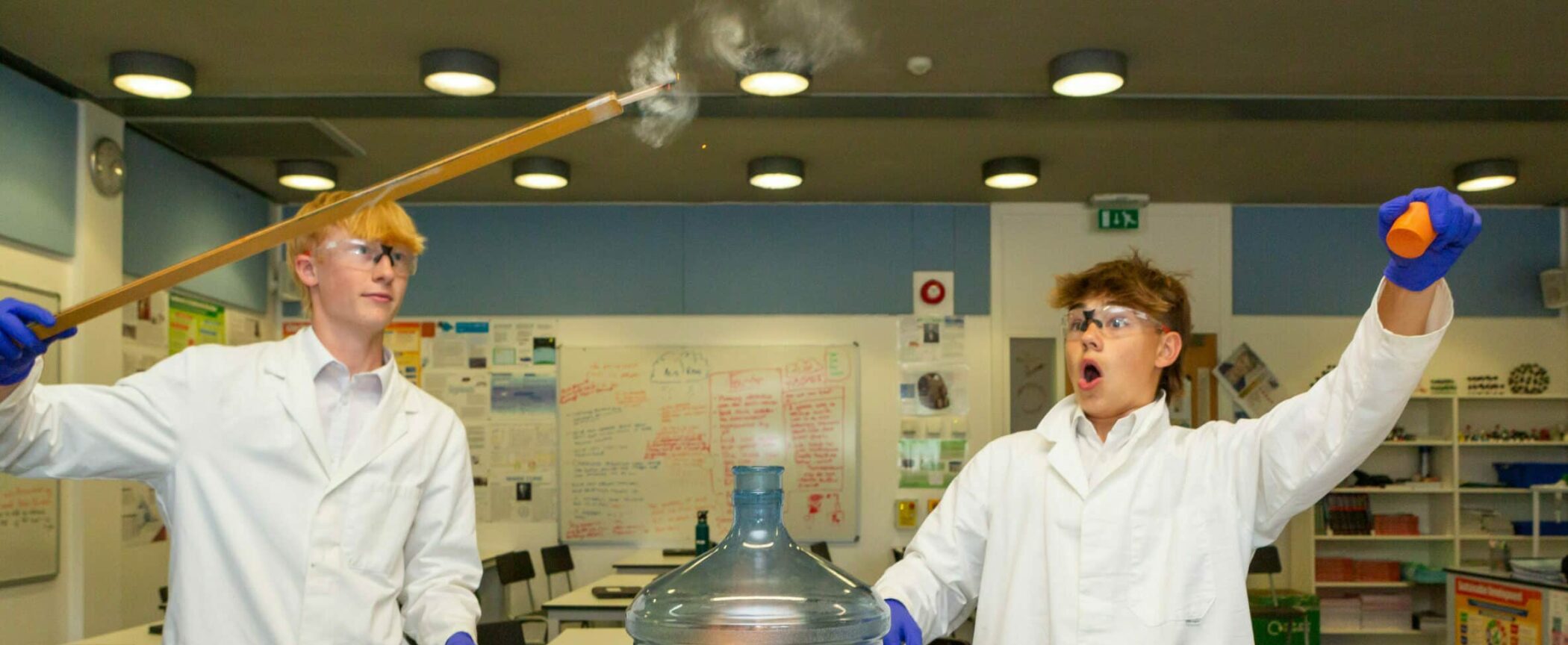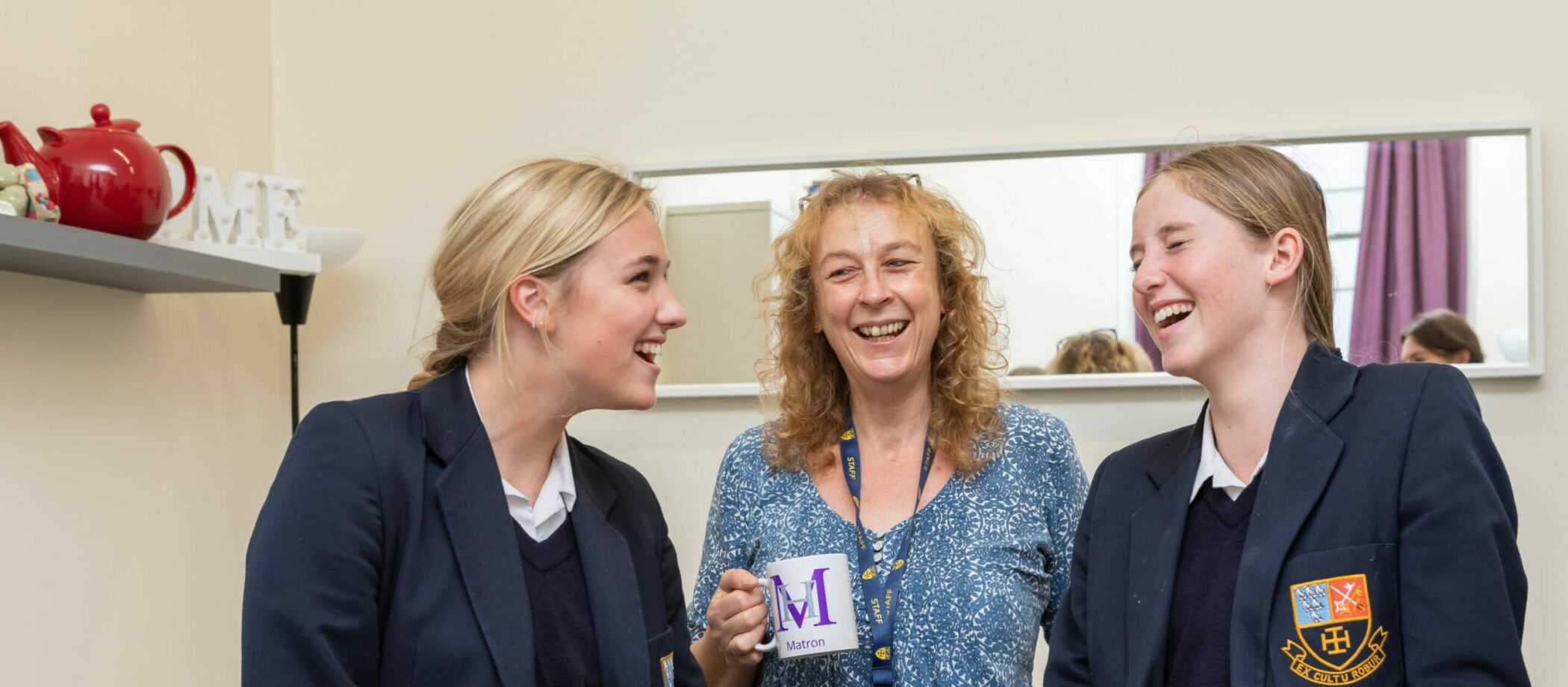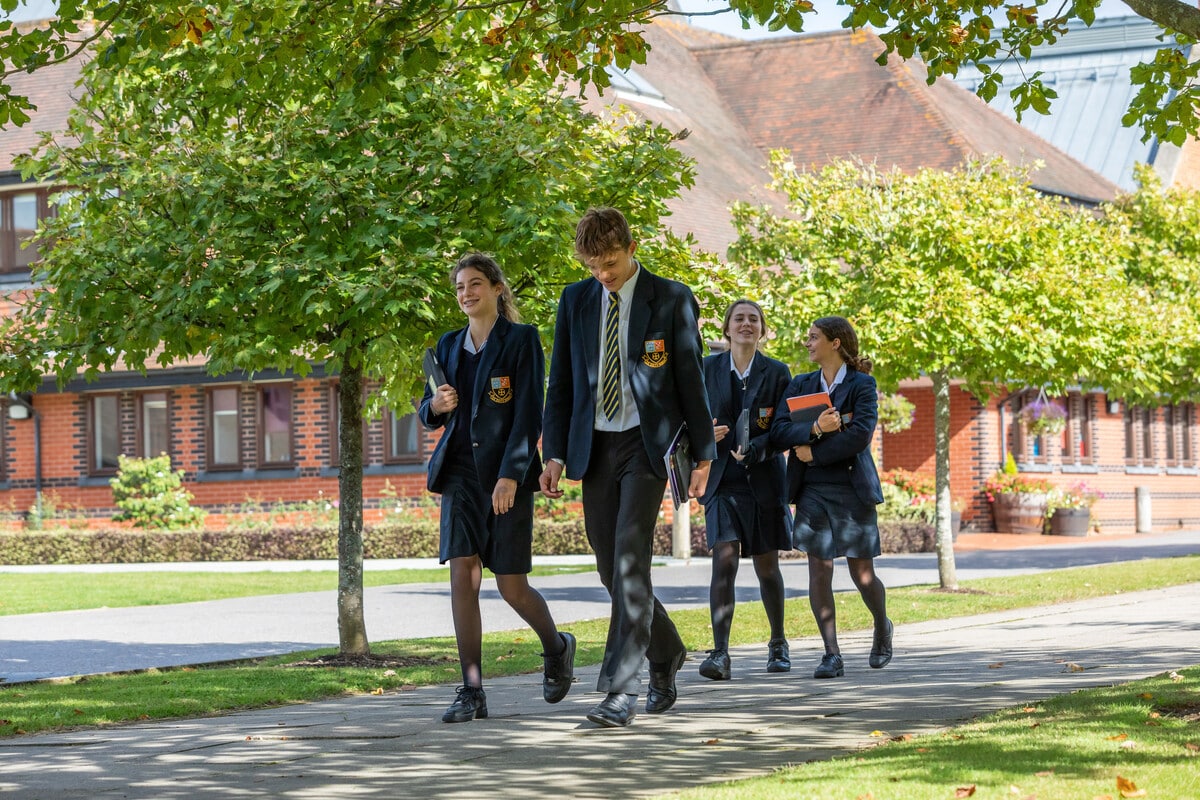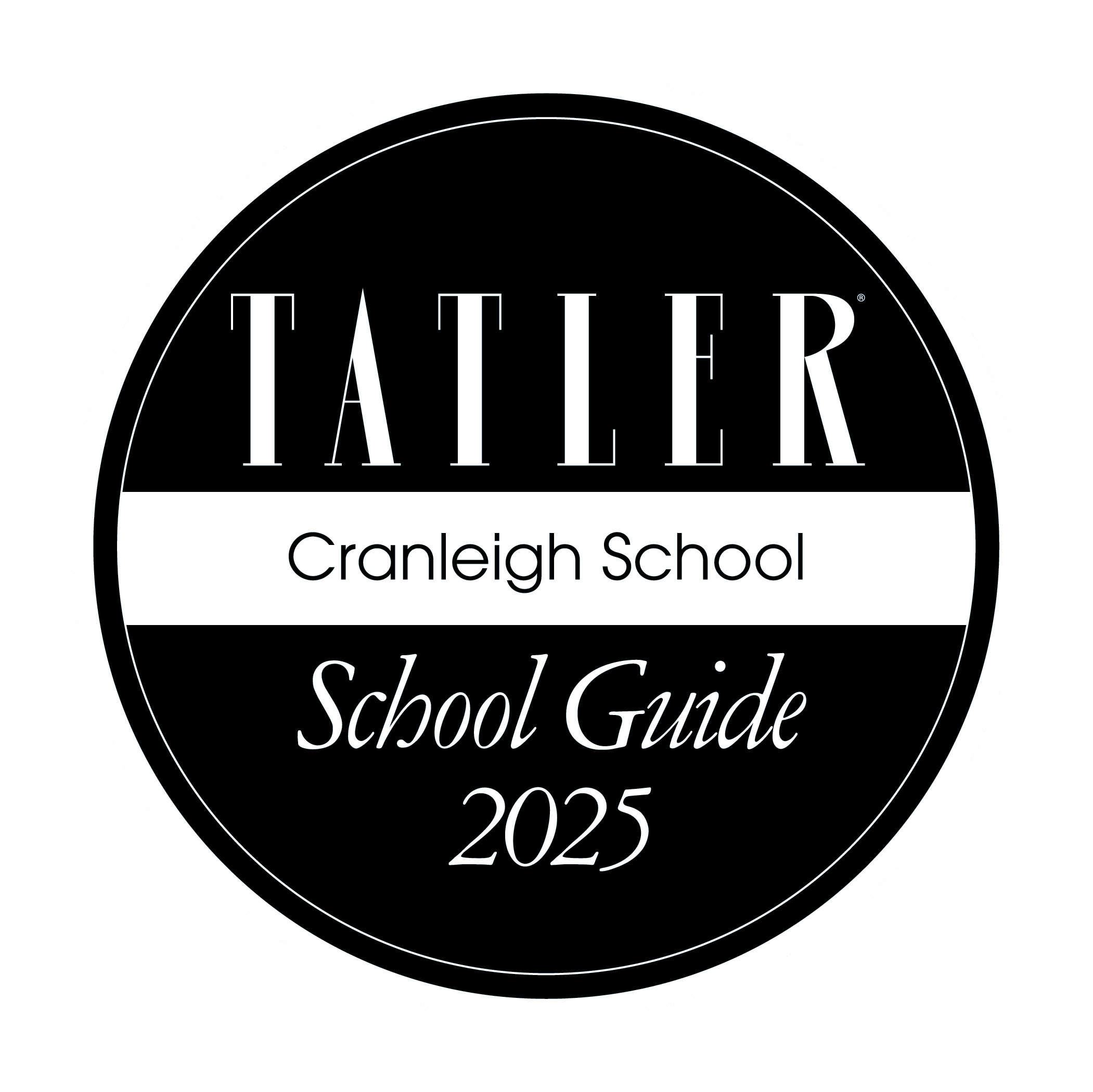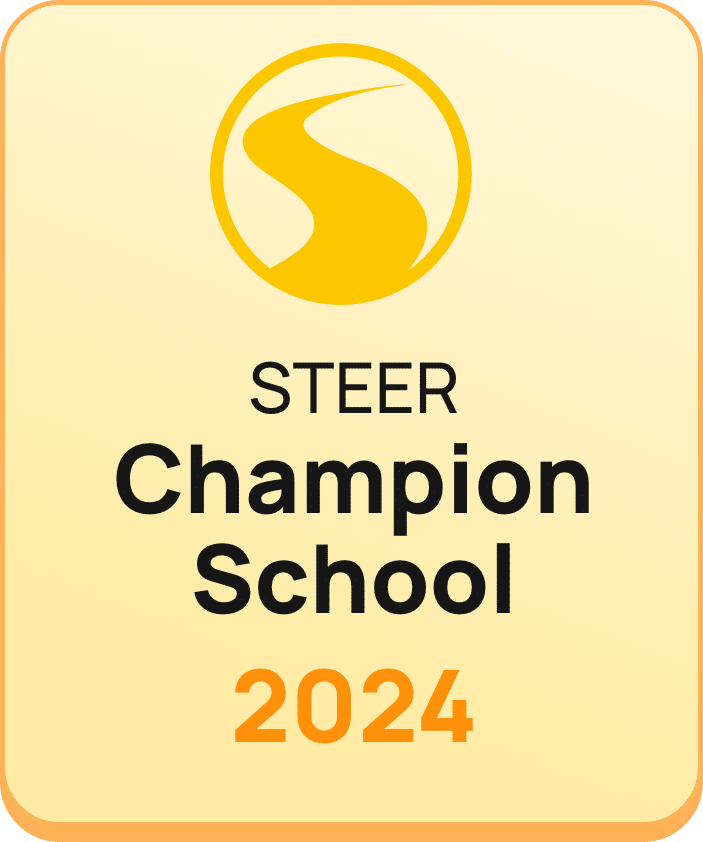Cranleigh Thinking is all about teaching through asking questions, following the example of Socrates. This powerpoint contains examples of questions that could be dropped into a lesson in a specific subject, as a starter or plenary activity, to stimulate thinking and discussion.
Cranleigh Thinking is based on four principles:
- teaching through questioning,
- learning through thinking,
- dialogue not monologue and
- teaching to think, not teaching to the test.
Students learn better when they think. One way of encouraging them to do this is to hold short discussion activities based on philosophical questions, such as:
- What is it?
- What follows?
- What should we do?
- How do you know?
What is it?
What is space? What is a magnet? What is a book? What is meaning? What is a number? What is an equation? What is a fraction? What is an electric field? What is money? What is a nation? What is beauty? What is truth? What is music? What is life? What is justice? What is the past? What is a map? What is a graph? What is a straight line? What is a language? What was before the big bang? What is a work of art? What is colour? What is sound? What is a language? What is a note?
What follows?
If you build a wall across a city, what follows? If wages rise, what follows? If you drop a magnet through a copper tube, what follows? If you mix an acid and a base, what follows? If there is competition for resources, what follows? If a play is performed that challenges a widely held ideological belief, what follows? If members of neighbouring states hold incompatible political views, what follows? If there is a lack of facts about an important historical event, what follows? If an author writes a book which seems to defame a religious figure, what follows? If power is concentrated in the hands of an unaccountable elite, what follows? If you rub a balloon on your hair, what follows? If you remove the top predator from a food chain, what follows?
What should we do?
What should we do about inequality? What should we do about genetic technology? What should we do about footballer’s pay? What should we do about climate change? What should we do about terrorism? What should we do about Europe? What should we do about freedom of speech? What should we do about animal welfare? What should we do about electrical power generation? What should we do about population growth? What should we do about coastal erosion?
How do you know?
How do you know that there are atoms? How do you know what an author means? How do you know what a word means? How do you know what makes earthquakes? How do you know that something happened yesterday? How do you know what something is worth? How do you know that 2 + 2 = 4? How do you know a text is reliable?
